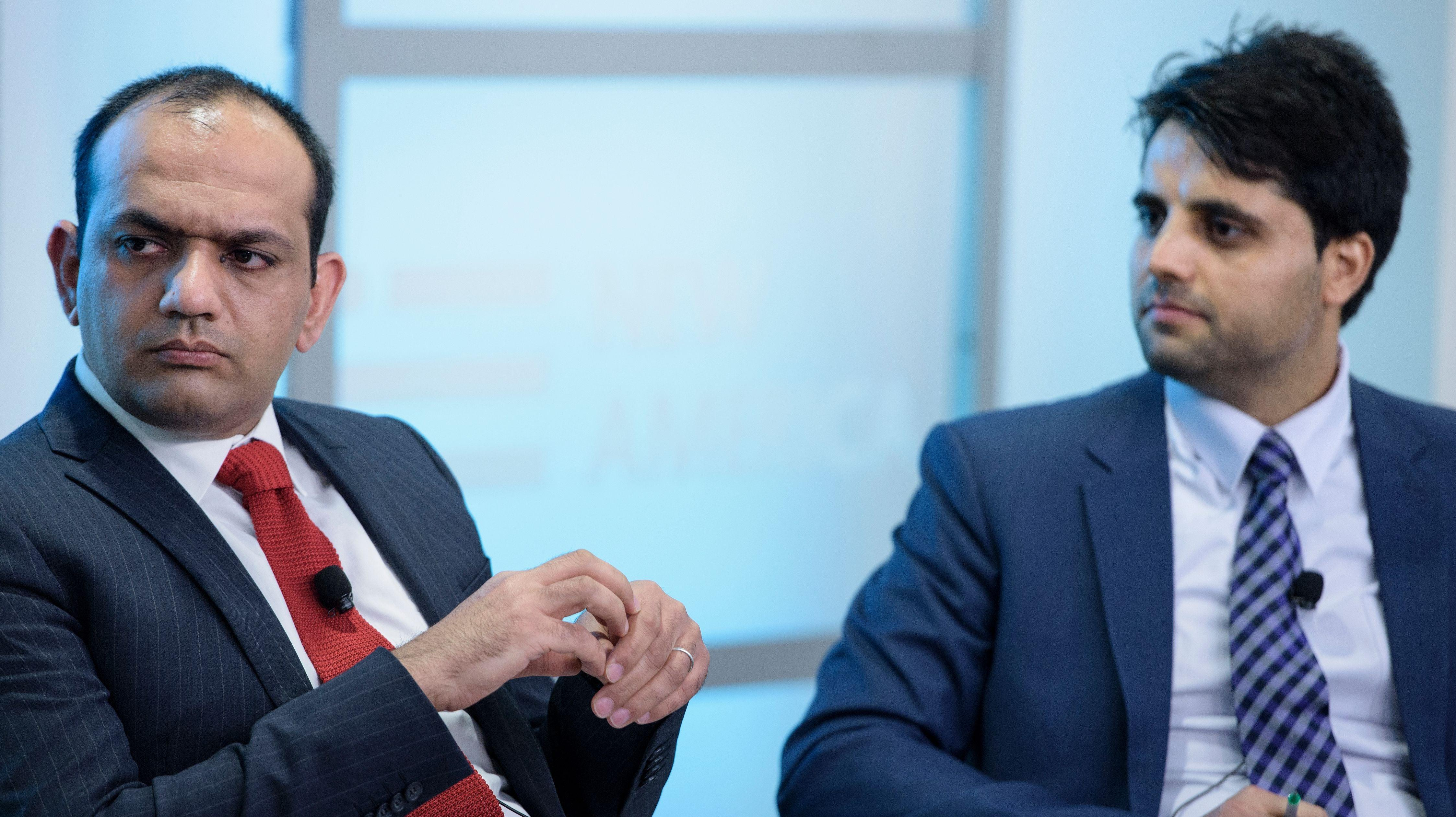How Afghanistan's Last Finance Minister Ended Up As An Uber Driver
The Washington Post caught up with Khalid Payenda in D.C.
There is plenty of blame to spread around for the disastrous military withdrawal followed by a complete collapse of the Afghan government last year, but the country's former finance minister told the Washington Post, as he made a living picking up passengers for Uber, that he particularly blames himself.
Khalid Payenda's story is truly an incredible. He accepted the job of Finance Minister late in 2020, when both COVID-19 and the Taliban were gaining significant ground in the country. While his family begged him not to take the position, watching his mother die of COVID due to the lack of a $200 machine in the best hospital in Kabul spurred him to act. He believed he could do good and help his fellow Afghans.
Now he regrets taking the job, regrets not saving Afghanistan from itself and from fed-up American allies. He spends his nights picking up Uber customers across the D.C. area in between gigs as a lecturer at think tanks and foreign policy classes at Georgetown University as he struggles with the why and how of everything that has happened over the last few years:
Now, seven months after Kabul had fallen to the Taliban, he was at the wheel of his Honda Accord, headed north on Interstate 95 from his home in Woodbridge, Va., toward Washington, D.C. Payenda swiped at his phone and opened the Uber app, which offered his "quest" for the weekend. For now his success was measured in hundreds of dollars rather than billions.
"If I complete 50 trips in the next two days, I receive a $95 bonus," he said as he navigated the light Friday-night traffic.
The job was his way of providing for his wife and four children after he had exhausted his modest savings supporting his family. "I feel incredibly grateful for it," said the 40-year-old. "It means I don't have to be desperate." It was also a temporary reprieve from obsessing over the ongoing tragedy in his country, which was suffering through a catastrophic drought, a pandemic, international sanctions, a collapsed economy, a famine and the resurgence of Taliban rule.
There is just way too much to this fascinating story to recount here, but focusing on Payenda's experience really brings into sharp relief the bleary sequence of events that led to the current situation in in Taliban-controlled Afghanistan. The entire report on the Washington Post is well worth your time.
